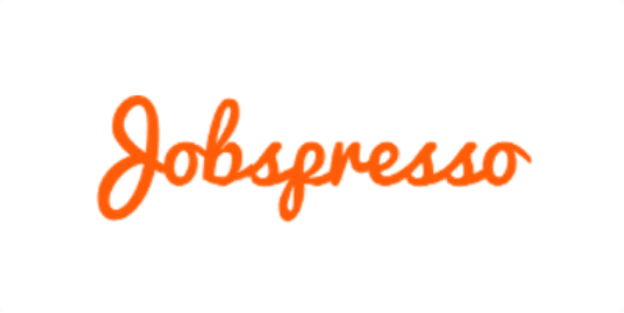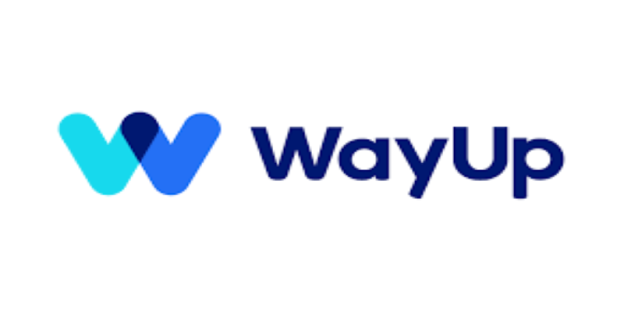Top Job Boards For Beginners In Tech
Thinking about diving into the tech world but not sure where to find your first opportunity? Every day, thousands of beginners enter the fast-paced and ever-evolving world of technology—armed with bootcamp certificates, online course badges, or self-taught coding skills—but stuck at the same question: “Where do I actually apply?”
The good news? There are job boards specifically designed to connect tech newbies with employers looking for fresh talent. Whether you're into web development, data analytics, UX design, or QA testing, the right job board can make all the difference.
Let’s explore some of the best platforms out there that are beginner-friendly and tailored for people just starting in tech.
Indeed – A Solid All-Rounder for Entry-Level Tech Roles
Let’s start with a name almost everyone knows—Indeed. While not exclusive to tech, Indeed remains one of the largest and most popular job boards in the world.
Why it’s good for beginners:
- You can easily filter jobs by experience level (just search “entry level” or “junior” + your preferred tech field).
- Many employers looking for junior developers or tech support roles post here regularly.
- You’ll also find remote roles, internships, and apprenticeships.
Pro tip: Use advanced search filters to include terms like “junior developer,” “tech support,” “QA tester,” or “no experience required.”
LinkedIn Jobs – More Than Just A Networking Platform
Yes, LinkedIn is a social network. But its job board is one of the most effective tools for tech job seekers, especially beginners.
Why it’s good for beginners:
- You can apply directly to jobs and get noticed by recruiters browsing your profile.
- Many postings show how many applicants there are, helping you target less competitive listings.
- LinkedIn also gives job recommendations based on your profile and skills.
Pro tip: Keep your profile updated, follow companies you’re interested in, and engage with posts related to your field. Recruiters do take note.
Angellist Talent (Now Wellfound) – Ideal For Startup Enthusiasts
Want to work at a startup where you can wear multiple hats and grow fast? AngelList (now rebranded as Wellfound) is the go-to platform for startup jobs.
Why it’s good for beginners:
- Many startups are open to hiring entry-level tech talent.
- You can apply directly to founders or CTOs—this often skips the long HR process.
- Remote-first opportunities are very common.
Pro tip: Highlight your passion for learning and adaptability in your profile—startups value mindset over years of experience.
Github Jobs (Archived But Worth Mentioning)
Although GitHub Jobs officially shut down in 2021, it played a major role in shaping how devs search for work. Today, GitHub itself remains a vital part of your job search, even without its old job board.
Why it’s still helpful:
- Recruiters browse GitHub profiles to find candidates.
- If you’re a beginner, having open-source contributions or personal projects on GitHub gives you an edge.
- Some job boards (like DevJobs or JS Remotely) still pull postings from GitHub-related communities.
Pro tip: Polish your GitHub README, document your projects clearly, and show your problem-solving process.
Jobspresso – Remote Tech Jobs For Beginners
If remote work is your goal (and let’s be honest, who doesn’t like flexibility?), Jobspresso is a treasure chest. It focuses on remote jobs, with a good number of postings in web development, DevOps, design, and customer support.

Why it’s good for beginners:
- Many startups and mid-size tech companies use Jobspresso to find talent.
- Listings are curated, meaning fewer spammy or scam jobs.
- Roles are available globally, not just in the U.S. or Europe.
Pro tip: Tailor your resume to each job. Many companies hiring remotely look for self-driven individuals with strong communication skills.
Hackerrank Jobs – Turn Skills Into Offers
Are you confident in your problem-solving and coding skills but lacking real-world experience? Then HackerRank is a platform worth checking out.
Why it’s good for beginners:
- You can take coding challenges that companies use as part of their hiring process.
- Performance-based matching means you don’t need a stacked resume.
- It's a great platform for practicing coding interviews, even if you're not actively applying.
Pro tip: Complete challenges in the specific domains you’re applying to (e.g., algorithms, databases, front-end). A strong HackerRank profile builds credibility.
Remote OK – Another Great Site For Remote Beginners
Don’t be fooled by the simple interface—Remote OK has listings from some of the best companies in tech. It caters to developers, designers, product managers, and more.
Why it’s good for beginners:
- You can filter by experience level and even look specifically for junior roles.
- Many tech companies hiring on Remote OK are remote-first, reducing geographic barriers.
- It includes salary ranges for many postings, helping you aim for fair compensation.
Pro tip: Use filters like "entry level" and “no degree required” to find roles where skills matter more than pedigree.
Techcareers – Focused And Straightforward
As the name suggests, TechCareers is all about technology. It may not have the bells and whistles of newer sites, but it hosts a large number of job listings across various tech fields.
Why it’s good for beginners:
- It’s entirely focused on tech, so you don’t have to sift through unrelated roles.
- You can upload your resume and get matched with suitable roles.
- Also useful for career changers who are looking to pivot into tech from other fields.
Pro tip: Set up alerts to get notified when new junior roles are posted in your field.
Wayup – Perfect For Students And Recent Grads
If you’re a recent graduate or still in school, WayUp might be exactly what you need. It’s geared towards internships, apprenticeships, and entry-level jobs.

Why it’s good for beginners:
- Listings are tailored to early-career professionals.
- Many tech companies partner with WayUp to attract fresh talent.
- Helpful career tips and resume-building tools are included.
Pro tip: Start applying even before you finish school—some companies are open to hiring juniors part-time or on flexible schedules.
Entrylevel.Dev – Specifically For Entry-Level Developers
Last but not least, EntryLevel.dev is built for exactly what it sounds like—helping new developers land their first job.
Why it’s good for beginners:
- All roles are curated and labeled clearly for junior or beginner devs.
- The platform includes tips and project ideas to strengthen your portfolio.
- It focuses on developer roles like front-end, back-end, and full-stack.
Pro tip: Build out the suggested projects and use the feedback features to improve your applications.
Opening The Door To Your First Tech Job
The tech industry has never been more accessible. With the right platform, even someone without a computer science degree or years of experience can land a meaningful job. The key is to focus on showing what you can do—whether it’s a passion project, a GitHub repo, or a coding challenge you aced.
Choose 2–3 of these platforms, tailor your applications, and keep your portfolio fresh. Consistency is just as important as skill in this early phase of your career. Your first job might not be your dream job, but it will be the one that gets you in the door. And that's the start of something big.





